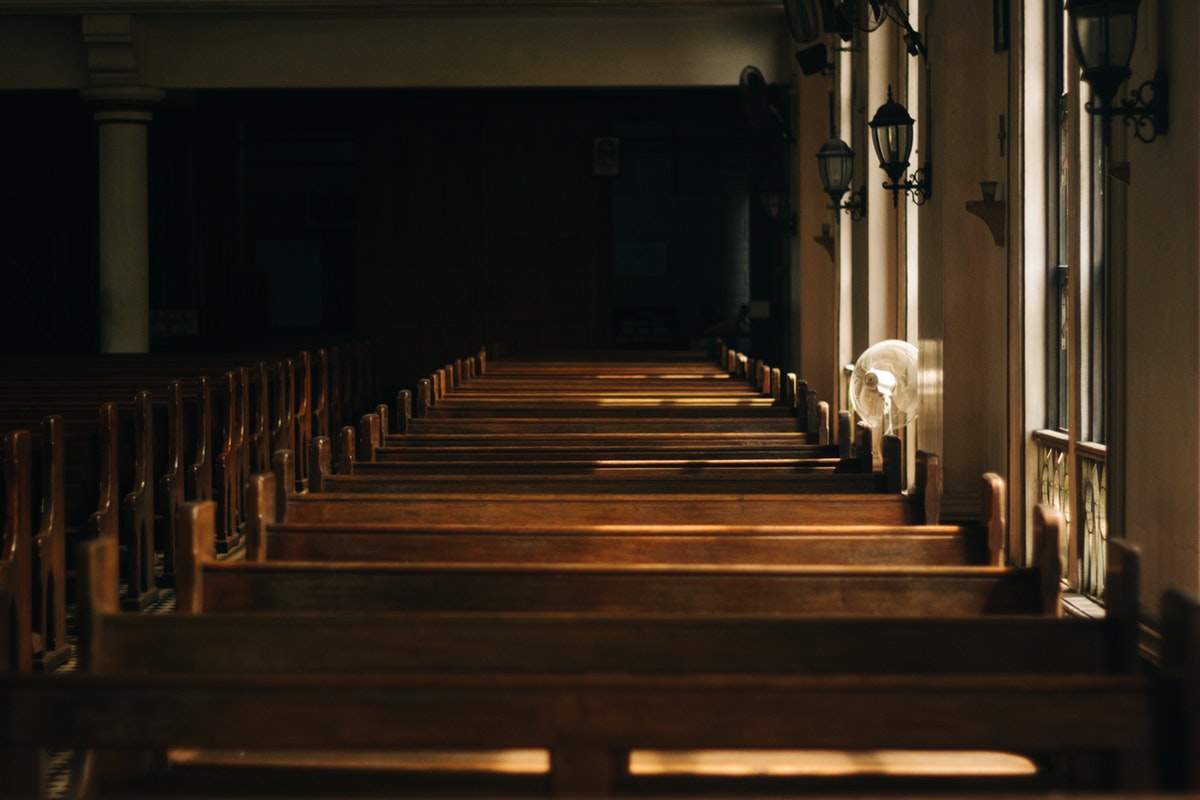Even if you think your church is in a safe neighbourhood, it’s a good idea to take precautions against various security risks.
A church fire doesn’t care how secure your neighbourhood is and burglars can target your church no matter where it is located.
It is also your responsibility a church leadership to protect congregants.
The first and most important step towards better church security is a comprehensive church security plan.
A security plan identifies safety risks and includes the most effective ways to mitigate these risks.
What Areas Should A Security Plan Address?

You must think wide when creating a security plan for your church. Try to cover every security vulnerability that might occur including the possibility of something unusual like a swarm of bees suddenly entering the church.
Here are the most important areas your church security plan should address.
1. Overall Church Security
This covers things like the structural security of the doors and windows, vulnerable areas burglars can break in through and security devices such as surveillance cameras and alarms.
You should also access whether your church can benefit from professional security guards. They can be helpful for large churches where crowds can be more difficult to manage.
If you opt for professional security, determine if you need it during the main service only or round the clock.
2. Fire Safety
What kind of fire risks does the church face?
Some types of construction materials like wood mean a higher fire risk. Other fire risks to consider include electrical malfunctions and arson.
Depending on the risks uncovered during a fire assessment, come up with effective fire safety measures.
Basic ones that every church should implement include smoke detectors, fire extinguishers, emergency exists and fire escape drills.
Also, consider installing a fire sprinkler system especially if you have valuables like art and artefacts inside the church.
3. Crowd Control
For large churches, crowd control is essential to prevent stampedes and chaos, which can lead to serious injuries and even death.
Your security plan should include measures to maintain order during services. How do you direct people to their seats? How do people file out of church safely? Are there enough exits?
4. Children Safety
Kids running around the church can get injured or run out into the road on their own. There’s also the risk of kidnapping.
Some of the questions to address in this area include:
- Do you need a separate kids area where it’s easier for attendants to watch over them?
- Are there any areas around the church where kids can easily get injured such as steps, a raised platform or a heating appliance? If there are, you can ask parents to be more careful with their kids or keep children off these areas.
- Can anyone pick kids from Sunday school or is it only the parent? It’s also important to put in place measures to protect kids from sexual predators. The best way to do this is to run background checks on all staff members, especially those who are directly involved with the kids.
5. Protecting Valuables
If you have artefacts and other valuables in the church, come up with a plan to keep them safe. Ideas include surveillance cameras, burglar alarms, motion detection and staff background checks.
6. Cash Handling
How do you keep offering safe until it is deposited at the bank. Do you have a trusted church staff take it to the bank or do you prefer an armoured car to collect it?
If you have to keep some money at the church, do you have a safe place to put it? A secure safe is obviously the best location.
7. Weather Emergencies
What’s your plan for dealing with extreme weather events such as heavy snowfall, strong winds and heatwaves?
Your security plan should include safety measures for the church itself as well as the congregants.
8. Role Allocation
Allocate different roles to various members of church staff. Everyone should know what part they play in maintaining safety and order in the church, whether it’s helping people find their seats, watching over the children or manning the exits.
To ensure proper coordination between members of staff, get them Walkie Talkies. The two-way radios will prove especially invaluable if there’s an actual emergency.
Additional Tips For Developing A Church Security Plan
- Do not make a security plan and forget about it. You should update it at least once a year or after a security incident such as a fire or burglary. This means regularly carrying out new risk assessments.
- When carrying out a risk assessment, we recommend having two or three groups make an independent report. This ensures that you do not miss anything.
- Consult the police, fire marshals and security professionals when making a church security plan. They can give you useful tips for identifying risks and protecting against them.
- A crucial part of a church security plan is drills. Regular drills ensure that everyone, both congregants and staff, know what to do in case of an actual emergency. Practice drills for different types of emergencies including a fire, a weapon-wielding criminal and others.







